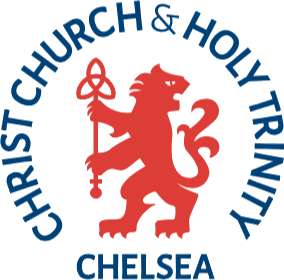Intent:
Mathematics is important in everyday life and, with this is mind, the purpose of Mathematics at Christ Church & Holy Trinity Schools is to develop an ability to solve problems, to reason, to think logically and to work systematically and accurately. All children are challenged and encouraged to excel in Maths. New mathematical concepts are introduced using a ‘Concrete, Pictorial and Abstract’ approach; enabling all children to experience hands-on learning when discovering new mathematical topics, and allows them to have clear models and images to aid their understanding. Arithmetic and basic math skills are practised daily to ensure key mathematical concepts are embedded and children can recall this information to see the links between topics in Maths.
Implementation:
An aspect of Maths is taught daily from EYFS to Year 6.
Maths meetings are used to develop fluency and to ensure key skills are taught regularly. They are also used to address misconceptions to ensure children are ready for the next maths lesson.
Children are taught through targeted differentiated small group and mixed ability whole class lessons. Children in UKS2 receive an additional level of targeted support where two teachers are used to split the class into two smaller groups organised by ability.
Lessons use a Concrete, Pictorial and Abstract approach to guide children through their understanding of mathematical processes. A mastery curriculum is used from EYFS to Year 6.
Homework is set to develop and review children’s learning.
Where possible, links are made with other subjects across the curriculum.
Impact:
As a result of our Maths teaching at Christ Church & Holy Trinity Schools you will see:
Children who have a positive view of maths
Children at the end of KS2 will be fluent in the fundamentals of mathematics with a conceptual understanding and the ability to recall and apply knowledge rapidly and accurately
Children at the end of KS2 working at or above national expectations
Children who feel confident to take risks and who see mistakes as a way of strengthening their knowledge and understanding
Confident children who can all talk about Maths and their learning and the links between Mathematical topics
Lessons that use a variety of resources to support learning and children who are able to choose what they need
Children who are able to discuss different strategies
Different representations of mathematical concepts
Learning that is tracked and monitored to ensure all children make good progress




